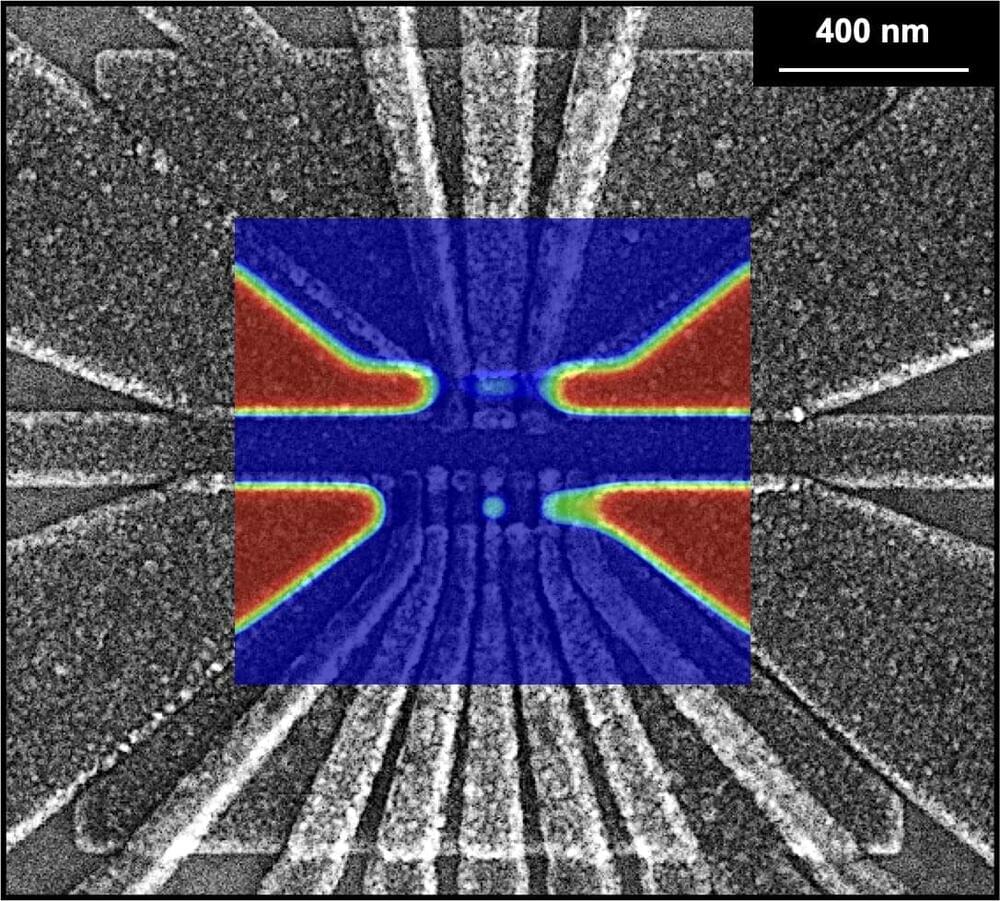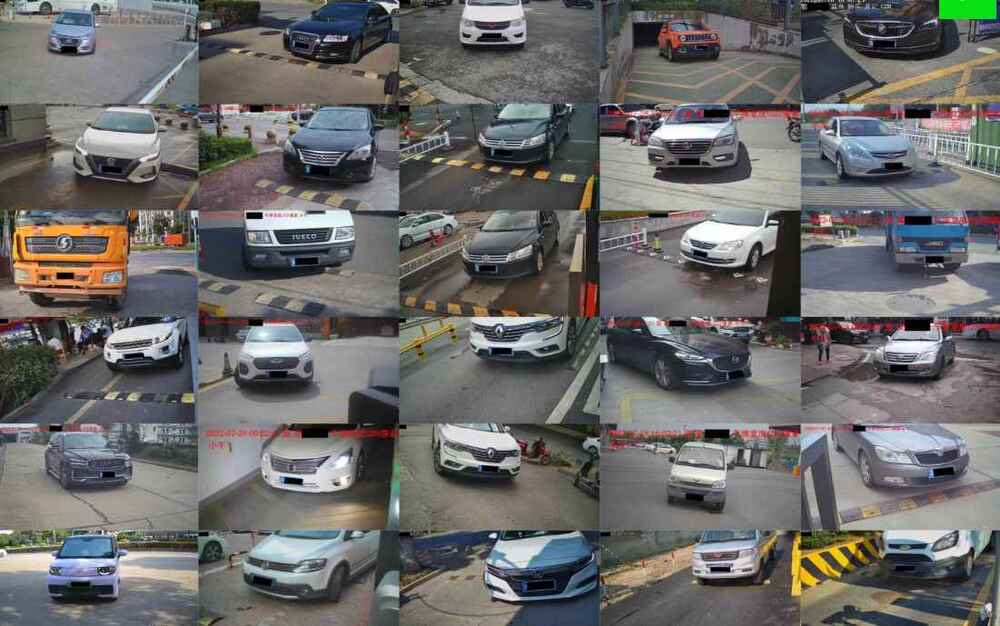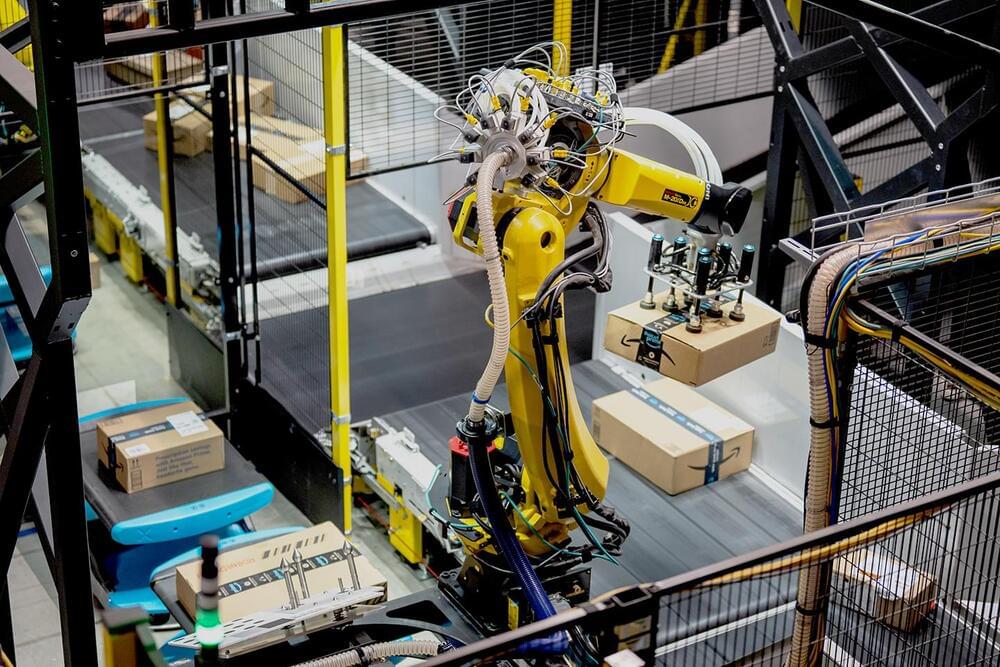Aug 31, 2022
Helium’s chilling journey to cool a particle accelerator
Posted by Saúl Morales Rodriguéz in categories: particle physics, robotics/AI, space
Today it only takes one and a half hours to make a superconducting particle accelerator at the Department of Energy’s SLAC National Accelerator Laboratory colder than outer space.
“Now you click a button and the machine gets from 4.5 Kelvin down to 2 Kelvin,” said Eric Fauve, director of the Cryogenic team at SLAC.
Continue reading “Helium’s chilling journey to cool a particle accelerator” »


















